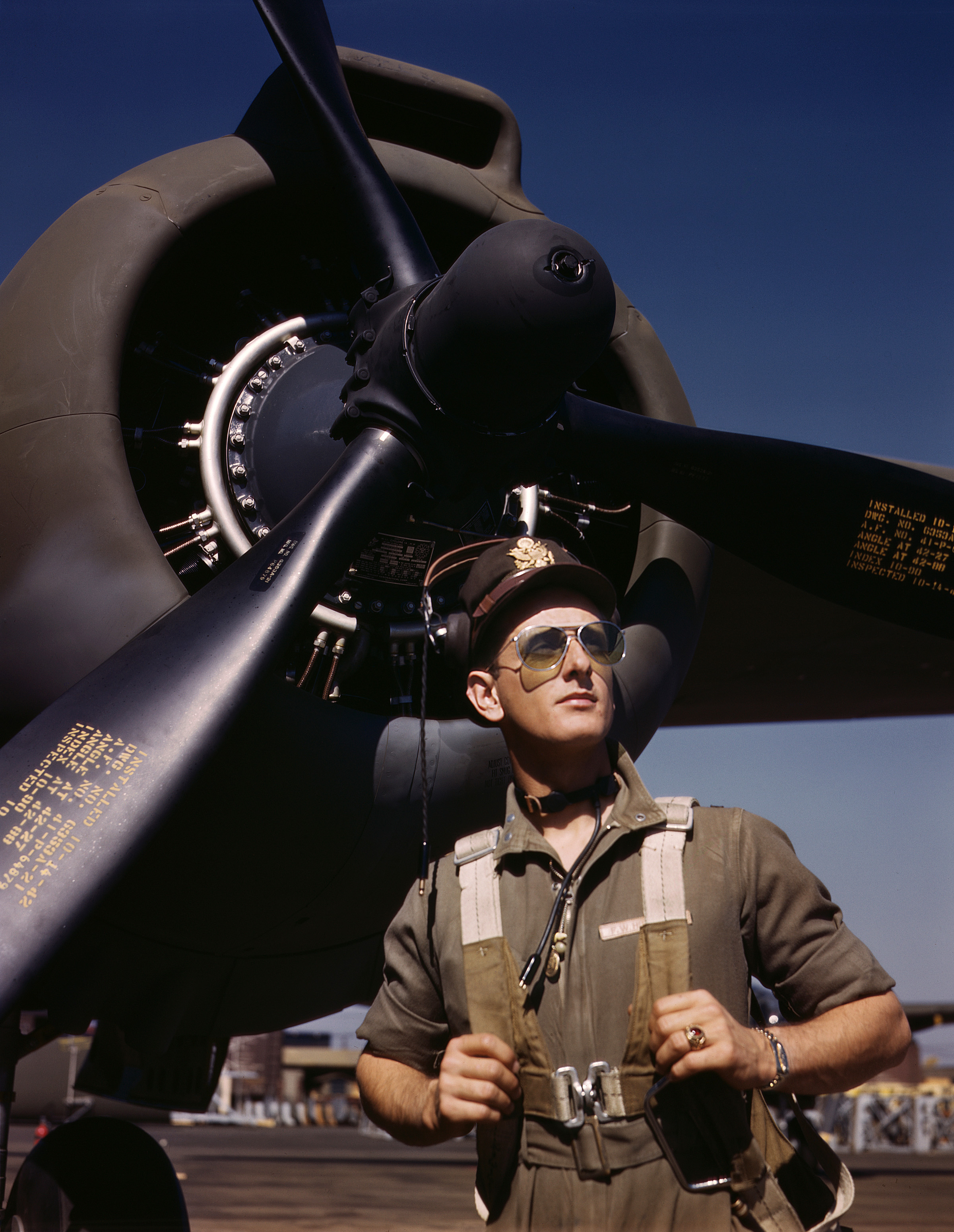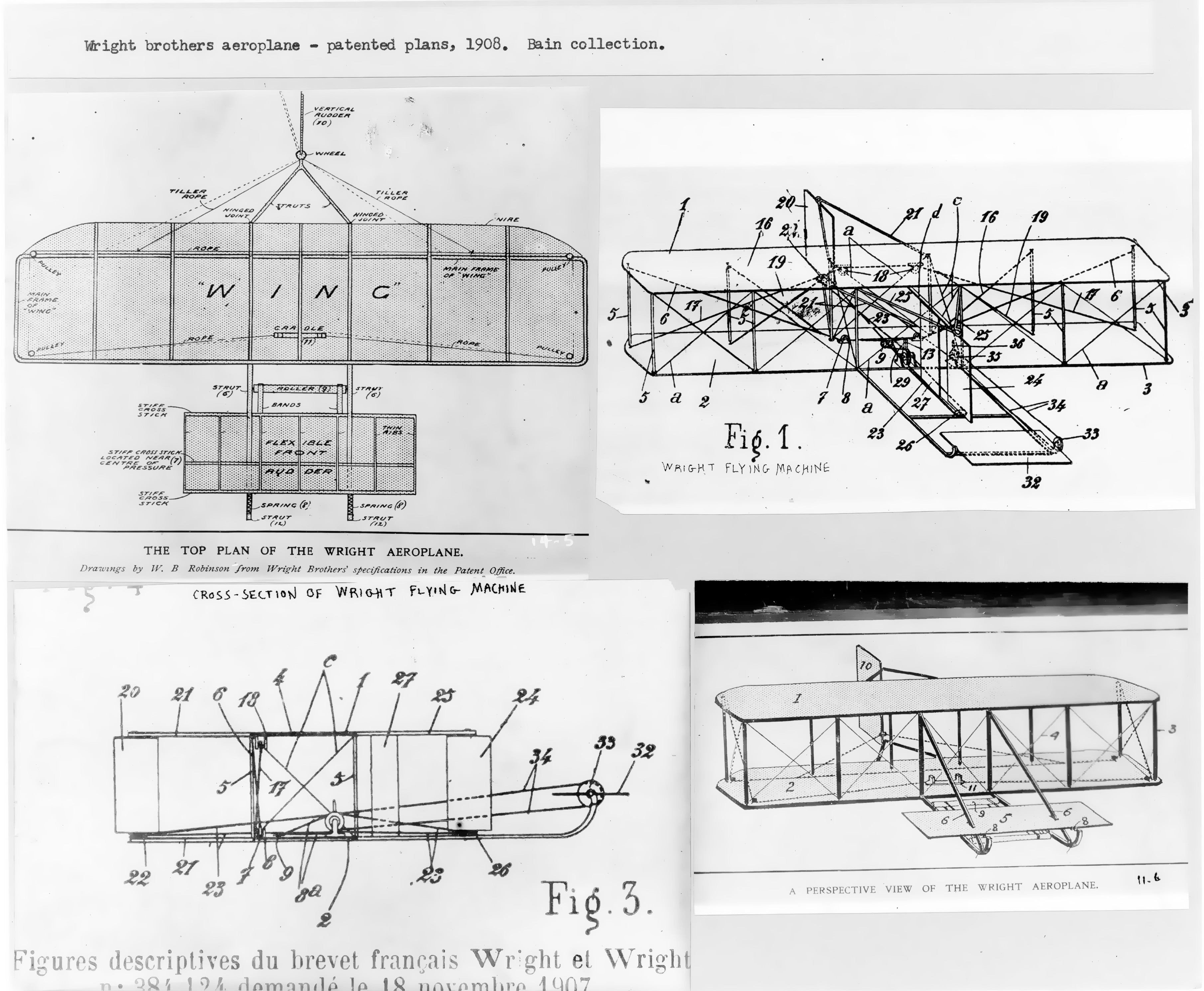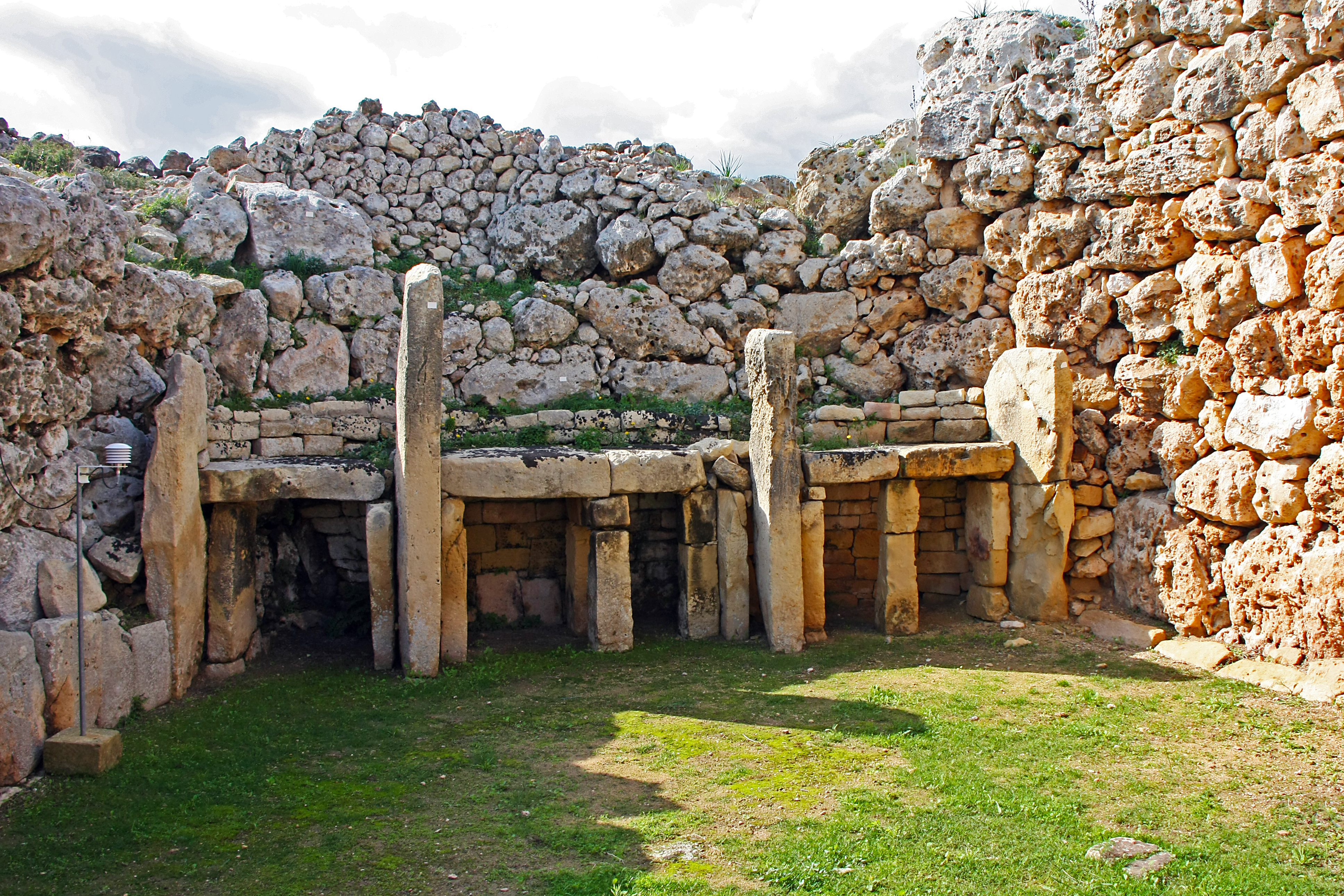|
Those Magnificent Men In Their Flying Machines
''Those Magnificent Men in their Flying Machines; Or, How I Flew from London to Paris in 25 Hours and 11 Minutes'' is a 1965 British period comedy film that satirizes the early years of aviation. Directed and co-written by Ken Annakin, the film stars an international ensemble cast, including Stuart Whitman, Sarah Miles, Robert Morley, Terry-Thomas, James Fox, Red Skelton, Benny Hill, Jean-Pierre Cassel, Gert Fröbe and Alberto Sordi. Based on a screenplay entitled ''Flying Crazy'', the fictional account is set in 1910, when English press magnate Lord Rawnsley offers £10,000 () to the winner of the ''Daily Post'' air race from London to Paris to prove that Britain is "number one in the air". Plot A brief narration outlines man's first attempts to fly since the Stone Age inspired by a bird's flight, seen with footage from the silent film era, and man being represented by a "test pilot" (Red Skelton) encountering periodic misfortune in his attempts. In 1910, just seven years ... [...More Info...] [...Related Items...] OR: [Wikipedia] [Google] [Baidu] |
Ken Annakin
Kenneth Cooper Annakin, OBE (10 August 1914 – 22 April 2009) was an English film director. His career spanned half a century, beginning in the early 1940s and ending in 2002, and in the 1960s he was noticed by critics with large-scale adventure epic and comedies films, like '' Those Magnificent Men in Their Flying Machines'', ''Battle of the Bulge'', '' The Biggest Bundle of Them All'' and '' Monte Carlo or Bust!''. During his career, Annakin directed nearly 50 pictures. Biography Annakin was born in and grew up in Beverley, East Riding of Yorkshire where he attended the local grammar school. After leaving school he became a trainee income tax inspector in the city of Hull. Annakin subsequently decided to emigrate to New Zealand, and travelled around the world in a variety of jobs. He was compere and stage manager of Eugene Permanent Waving Company's roadshow, touring the Northern provinces. When World War II broke out, Annakin became a firefighter in Soho, then joined t ... [...More Info...] [...Related Items...] OR: [Wikipedia] [Google] [Baidu] |
Jean-Pierre Cassel
Jean-Pierre Cassel (born Jean-Pierre Crochon; 27 October 1932 – 19 April 2007) was a French actor. Early life Cassel was born Jean-Pierre Crochon in the 13th arrondissement of Paris, the son of Louise-Marguerite (née Fabrègue), an opera singer, and Georges Crochon, a doctor. Cassel was discovered by Gene Kelly as he tap danced on stage, and later cast in the 1957 film ''The Happy Road''. Career Cassel gained prominence in the late 1950s as a hero in comedies by Philippe de Broca such as '' Male Companion'' and through his role as 'Jean François Jardie' in the famous French resistance piece '' L' Armée des ombres''. During the 1960s and 1970s, he worked with Claude Chabrol ('' The Breach''), Luis Buñuel (as Stéphane Audran's husband in ''The Discreet Charm of the Bourgeoisie'' 1972), Ken Annakin (as the Frenchman in '' Those Magnificent Men in Their Flying Machines'' 1965), Gérard Brach (as Claude Jade's lover in ''The Boat on the Grass''), Richard Lester (as Louis ... [...More Info...] [...Related Items...] OR: [Wikipedia] [Google] [Baidu] |
Tony Hancock
Anthony John Hancock (12 May 1924 – 25 June 1968) was an English comedian and actor. High-profile during the 1950s and early 1960s, he had a major success with his BBC series ''Hancock's Half Hour'', first broadcast on radio from 1954, then on television from 1956, in which he soon formed a strong professional and personal bond with comic actor Sid James. Although Hancock's decision to cease working with James, when it became known in early 1960, disappointed many at the time, his last BBC series in 1961 contains some of his best-remembered work (including "The Blood Donor" and "The Radio Ham"). After breaking with his scriptwriters Ray Galton and Alan Simpson later that year, his career declined. Early life and career Hancock was born in Southam Road, Hall Green, Birmingham (then in Warwickshire), but, from the age of three, he was brought up in Bournemouth (then in Hampshire), where his father, John Hancock, who ran the Railway Hotel in Holdenhurst Road, worked as a ... [...More Info...] [...Related Items...] OR: [Wikipedia] [Google] [Baidu] |
Kingdom Of Italy
The Kingdom of Italy ( it, Regno d'Italia) was a state that existed from 1861, when Victor Emmanuel II of Sardinia was proclaimed King of Italy, until 1946, when civil discontent led to an institutional referendum to abandon the monarchy and form the modern Italian Republic. The state resulted from a decades-long process, the '' Risorgimento'', of consolidating the different states of the Italian Peninsula into a single state. That process was influenced by the Savoy-led Kingdom of Sardinia, which can be considered Italy's legal predecessor state. Italy declared war on Austria in alliance with Prussia in 1866 and received the region of Veneto following their victory. Italian troops entered Rome in 1870, ending more than one thousand years of Papal temporal power. Italy entered into a Triple Alliance with the German Empire and the Austro-Hungarian Empire in 1882, following strong disagreements with France about their respective colonial expansions. Although relations with ... [...More Info...] [...Related Items...] OR: [Wikipedia] [Google] [Baidu] |
French Third Republic
The French Third Republic (french: Troisième République, sometimes written as ) was the system of government adopted in France from 4 September 1870, when the Second French Empire collapsed during the Franco-Prussian War, until 10 July 1940, after the Fall of France during World War II led to the formation of the Vichy government. The early days of the Third Republic were dominated by political disruptions caused by the Franco-Prussian War of 1870–1871, which the Republic continued to wage after the fall of Emperor Napoleon III in 1870. Harsh reparations exacted by the Prussians after the war resulted in the loss of the French regions of Alsace (keeping the Territoire de Belfort) and Lorraine (the northeastern part, i.e. present-day department of Moselle), social upheaval, and the establishment of the Paris Commune. The early governments of the Third Republic considered re-establishing the monarchy, but disagreement as to the nature of that monarchy and the rightfu ... [...More Info...] [...Related Items...] OR: [Wikipedia] [Google] [Baidu] |
Prussia
Prussia, , Old Prussian: ''Prūsa'' or ''Prūsija'' was a German state on the southeast coast of the Baltic Sea. It formed the German Empire under Prussian rule when it united the German states in 1871. It was ''de facto'' dissolved by an emergency decree transferring powers of the Prussian government to German Chancellor Franz von Papen in 1932 and ''de jure'' by an Allied decree in 1947. For centuries, the House of Hohenzollern ruled Prussia, expanding its size with the Prussian Army. Prussia, with its capital at Königsberg and then, when it became the Kingdom of Prussia in 1701, Berlin, decisively shaped the history of Germany. In 1871, Prussian Minister-President Otto von Bismarck united most German principalities into the German Empire under his leadership, although this was considered to be a " Lesser Germany" because Austria and Switzerland were not included. In November 1918, the monarchies were abolished and the nobility lost its political power during ... [...More Info...] [...Related Items...] OR: [Wikipedia] [Google] [Baidu] |
Suffragette
A suffragette was a member of an activist women's organisation in the early 20th century who, under the banner "Votes for Women", fought for the right to vote in public elections in the United Kingdom. The term refers in particular to members of the British Women's Social and Political Union (WSPU), a women-only movement founded in 1903 by Emmeline Pankhurst, which engaged in direct action and civil disobedience. In 1906, a reporter writing in the '' Daily Mail'' coined the term ''suffragette'' for the WSPU, derived from suffragist (any person advocating for voting rights), in order to belittle the women advocating women's suffrage. The militants embraced the new name, even adopting it for use as the title of the newspaper published by the WSPU. Women had won the right to vote in several countries by the end of the 19th century; in 1893, New Zealand became the first self-governing country to grant the vote to all women over the age of 21. When by 1903 women in Britain ha ... [...More Info...] [...Related Items...] OR: [Wikipedia] [Google] [Baidu] |
Aviatrix
An aircraft pilot or aviator is a person who controls the flight of an aircraft by operating its directional flight controls. Some other aircrew members, such as navigators or flight engineers, are also considered aviators, because they are involved in operating the aircraft's navigation and engine systems. Other aircrew members, such as drone operators, flight attendants, mechanics and ground crew, are not classified as aviators. In recognition of the pilots' qualifications and responsibilities, most militaries and many airlines worldwide award aviator badges to their pilots. History The first recorded use of the term ''aviator'' (''aviateur'' in French) was in 1887, as a variation of ''aviation'', from the Latin ''avis'' (meaning ''bird''), coined in 1863 by in ''Aviation Ou Navigation Aérienne'' ("Aviation or Air Navigation"). The term ''aviatrix'' (''aviatrice'' in French), now archaic, was formerly used for a female aviator. These terms were used more in the ea ... [...More Info...] [...Related Items...] OR: [Wikipedia] [Google] [Baidu] |
United Kingdom Of Great Britain And Ireland
The United Kingdom of Great Britain and Ireland was a sovereign state in the British Isles that existed between 1801 and 1922, when it included all of Ireland. It was established by the Acts of Union 1800, which merged the Kingdom of Great Britain and the Kingdom of Ireland into a unified state. The establishment of the Irish Free State in 1922 led to the remainder later being renamed the United Kingdom of Great Britain and Northern Ireland in 1927. The United Kingdom, having financed the European coalition that defeated France during the Napoleonic Wars, developed a large Royal Navy that enabled the British Empire to become the foremost world power for the next century. For nearly a century from the final defeat of Napoleon following the Battle of Waterloo to the outbreak of World War I, Britain was almost continuously at peace with Great Powers. The most notable exception was the Crimean War with the Russian Empire, in which actual hostilities were relatively li ... [...More Info...] [...Related Items...] OR: [Wikipedia] [Google] [Baidu] |
Wright Flyer
The ''Wright Flyer'' (also known as the ''Kitty Hawk'', ''Flyer'' I or the 1903 ''Flyer'') made the first sustained flight by a manned heavier-than-air powered and controlled aircraft—an airplane—on December 17, 1903. Invented and flown by Orville and Wilbur Wright, it marked the beginning of the pioneer era of aviation. The Wright brothers flew the ''Wright Flyer'' four times that day on land now part of the town of Kill Devil Hills, about south of Kitty Hawk, North Carolina. The aircraft was preserved and is now exhibited in the National Air and Space Museum in Washington, D.C. Design and construction The ''Flyer'' was based on the Wrights' experience testing gliders at Kitty Hawk between 1900 and 1902. Their last glider, the 1902 Glider, led directly to the design of the ''Wright Flyer''. The Wrights built the aircraft in 1903 using spruce for straight members of the airframe (such as wing spars) and ash wood for curved components (wing ribs). The wings were de ... [...More Info...] [...Related Items...] OR: [Wikipedia] [Google] [Baidu] |
Silent Film
A silent film is a film with no synchronized Sound recording and reproduction, recorded sound (or more generally, no audible dialogue). Though silent films convey narrative and emotion visually, various plot elements (such as a setting or era) or key lines of dialogue may, when necessary, be conveyed by the use of intertitle, title cards. The term "silent film" is something of a misnomer, as these films were almost always accompanied by live sounds. During the silent era that existed from the mid-1890s to the late 1920s, a piano, pianist, theatre organ, theater organist—or even, in large cities, a small orchestra—would often play music to accompany the films. Pianists and organists would play either from sheet music, or musical improvisation, improvisation. Sometimes a person would even narrate the inter-title cards for the audience. Though at the time the technology to synchronize sound with the film did not exist, music was seen as an essential part of the viewing experie ... [...More Info...] [...Related Items...] OR: [Wikipedia] [Google] [Baidu] |
Stone Age
The Stone Age was a broad prehistoric period during which stone was widely used to make tools with an edge, a point, or a percussion surface. The period lasted for roughly 3.4 million years, and ended between 4,000 BC and 2,000 BC, with the advent of metalworking. Though some simple metalworking of malleable metals, particularly the use of gold and copper for purposes of ornamentation, was known in the Stone Age, it is the melting and smelting of copper that marks the end of the Stone Age. In Western Asia, this occurred by about 3,000 BC, when bronze became widespread. The term Bronze Age is used to describe the period that followed the Stone Age, as well as to describe cultures that had developed techniques and technologies for working copper alloys (bronze: originally copper and arsenic, later copper and tin) into tools, supplanting stone in many uses. Stone Age artifacts that have been discovered include tools used by modern humans, by their predecessor species in the ... [...More Info...] [...Related Items...] OR: [Wikipedia] [Google] [Baidu] |




